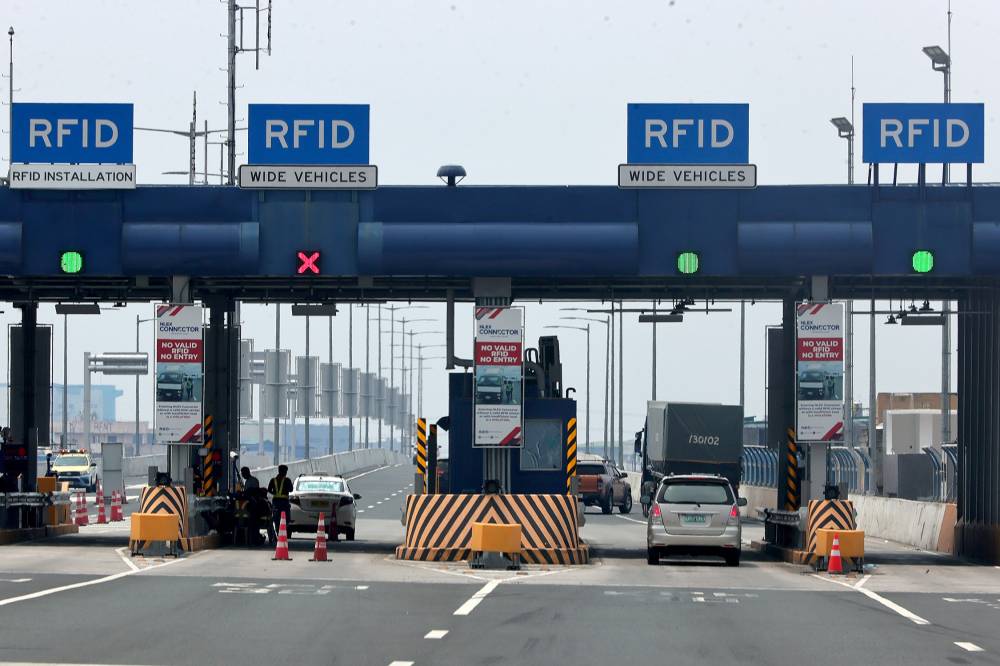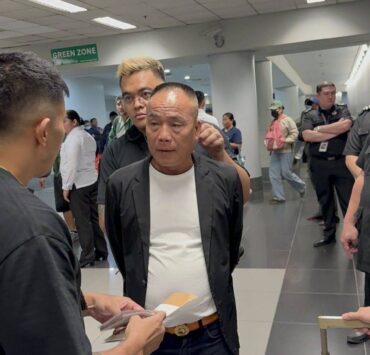Unified toll system faces delay, needs ‘fine-tuning’

The implementation of a unified collection system for the country’s toll operators will face a new delay as the concessionaires continue to undertake measures to “fine-tune” the system, the head of the Toll Regulatory Board (TRB) said on Monday.
Alvin Carullo, executive director of TRB, said the “interoperability” of operators of the country’s major toll highways would likely be in place “either by January or February” next year.
“MPTC (Metro Pacific Toll Corp.) requested a deferment of the complete rollout of the interoperability project to fine-tune/upgrade its account management system,” he said in a text message to the Inquirer.
Clarification sought
Carullo was referring to the project that seeks to unify the collection system of the country’s two major toll operators, MPTC and San Miguel Corp. (SMC) Infrastructure.
At a briefing in Malacañang, Carullo said the project was now in phase 3 of its “proof-of-concept” (POC) testing, with phase 4 scheduled in October.
Carullo and other officials led by Department of Transportation (DOTr) Secretary Jaime Bautista also sought to clarify earlier reports on the deferment of the implementation of Joint Memorandum Circular (JMC) 2024-01, which imposes the mandatory use of radio frequency identification (RFID) tags on vehicles using the toll highways.
“We are extending to January next year the implementation of the penalties, not the whole program of cashless expressways under the [joint circular],” Bautista said at the briefing.
He said the DOTr and its attached agencies were collating inputs from recent consultation meetings with various tollway stakeholders, including information and profiles of violators.
“This information will be used to make any amendments to the joint memorandum circular. Let us not lose sight of the goal, [which is] convenient travel [with less traffic] at all expressways using cashless toll exits,” Bautista added.
JMC 2024-01 authorizes toll operators to install “No RFID, No Entry” and “No Sufficient Load, No Entry” signs at toll gates and impose fines for violators. INQ

















